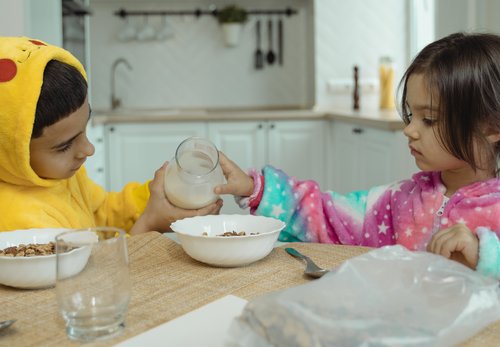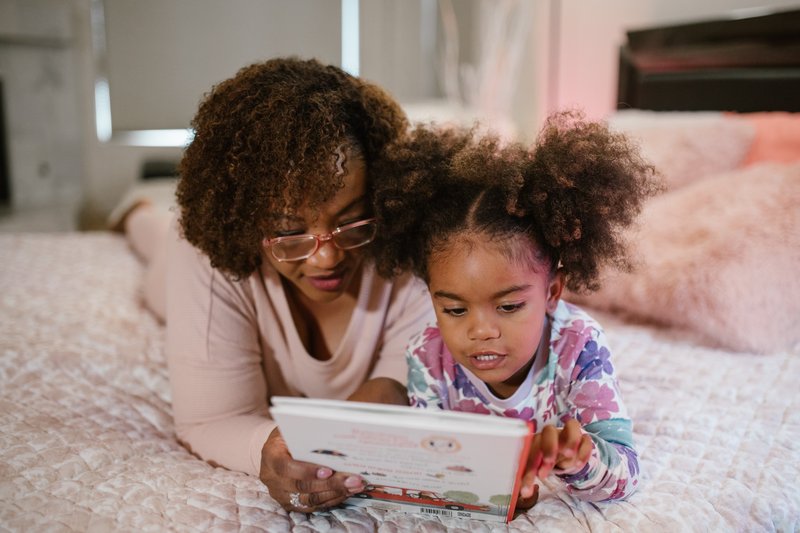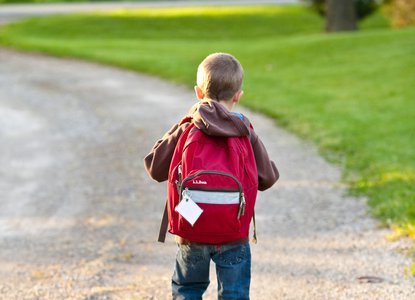Developing family routines can help build a calmer, more organised home environment.
What are family routines?
Family routines are just things that we do every day in the family home, getting up and dressed, eating lunch, getting ready to go out, and going to bed! Developing some consistent patterns for these daily activities can make life easier for the whole family.
Why are routines important?
- Daily routines help children to feel safe and secure. Once routines have been established, children are able to predict what is going to happen next and they have a better understanding of what is expected of them.
- The repetition of daily routines helps to build children’s language skills and supports them to develop their independence. As activities take place, children will hear and experience words, phrases and actions being repeated, this repetition supports the development of children’s understanding, speech, and learning.
- Routines can help to reduce conflict as children will learn to expect to do certain things at certain times and will know what’s coming next. For example, after bath time, it’s time to brush teeth.
- Routines can help create a calmer, more organised home environment for the whole family, as everybody knows what’s happening.

When can routines be helpful?
Developing routines for regular parts of the day, such as mealtimes, bedtime and getting ready to go out can make daily life run more smoothly. Even babies will learn to predict what’s coming next, and older children will be able to begin to help with daily routines as their self-care skills develop, and for example, they are able to get themselves dressed.
Establishing routines can help you spend quality time together and make the most of daily activities, so they happen in a calmer manner, feel less of a chore, and your child can learn from them too. Essential daily activities, such as bath time and nappy changing, are great opportunities for chatting together, singing and playing.
How to establish new family routines?
- Think about why you’re developing or changing a routine and discuss it with your partner or other adults who support you with childcare at home.
- Consider what needs to be included in the routine and decide on the best order for those activities to take place. For example, at bedtime you may wish to include a bath, brushing teeth, getting changed, a feed/warm drink, and a bedtime story. As the story is likely to involve a cuddle and quiet time it would make sense for it to be at the end of your routine, so your child is calm and cosy, ready for sleep.
- Once you have agreed a plan, follow the routine consistently for at least a week so everybody is familiar with it. If the routine is a big change to your usual daily activities, then you may want to introduce it gradually, to make it easier for everyone to adapt.
- Talking through what’s happening as you go through your daily routines will support children to understand them, and they’ll begin to learn new words. For example, name different items of clothing and body parts when they are getting dressed every day. When you are preparing meals, talk about what you are doing, count aloud the number of bowls or cups you need and talk through what your child needs to do to be ready to eat, such as washing their hands, putting on a bib and getting into their high chair or seat.

Songs and family routines:
- Songs can help to establish routines too. For example, Mr Tumble's This is the way we ... song below can be used to support many different times of the day.
- Songs can be a fun distraction from less popular daily activities, such as tidying up, and they are great for supporting your child's language development too.
- Try making up your own songs, or changing a familiar song to help with whatever activity you're doing.
- You could choose a lullaby or favourite song to sing with your child just before they go to sleep each night.
Family Routines Booklist:
Zeki Rise and Shine by Anna Mcquinn
Going Out (Sign About) by Anthony Lewis
Off to the Park (Tactile Books) by Stephen Cheetham
Time to Eat by Penny Tassoni
Bathtime for Little Rabbit by Jörg Mühle
Say Goodnight by Helen Oxenbury

More tips for establishing a daily routine at home:
- If there’s a regular time of the day that feels chaotic or stressful, that’s a time of day that you will probably benefit from developing a daily routine for.
- You will need to tweak and adapt routines as children get older and as other aspects of your life change and develop.
- Allow yourselves some flexibility, routines are there to make life easier. It’s okay to have a day off sometimes!




